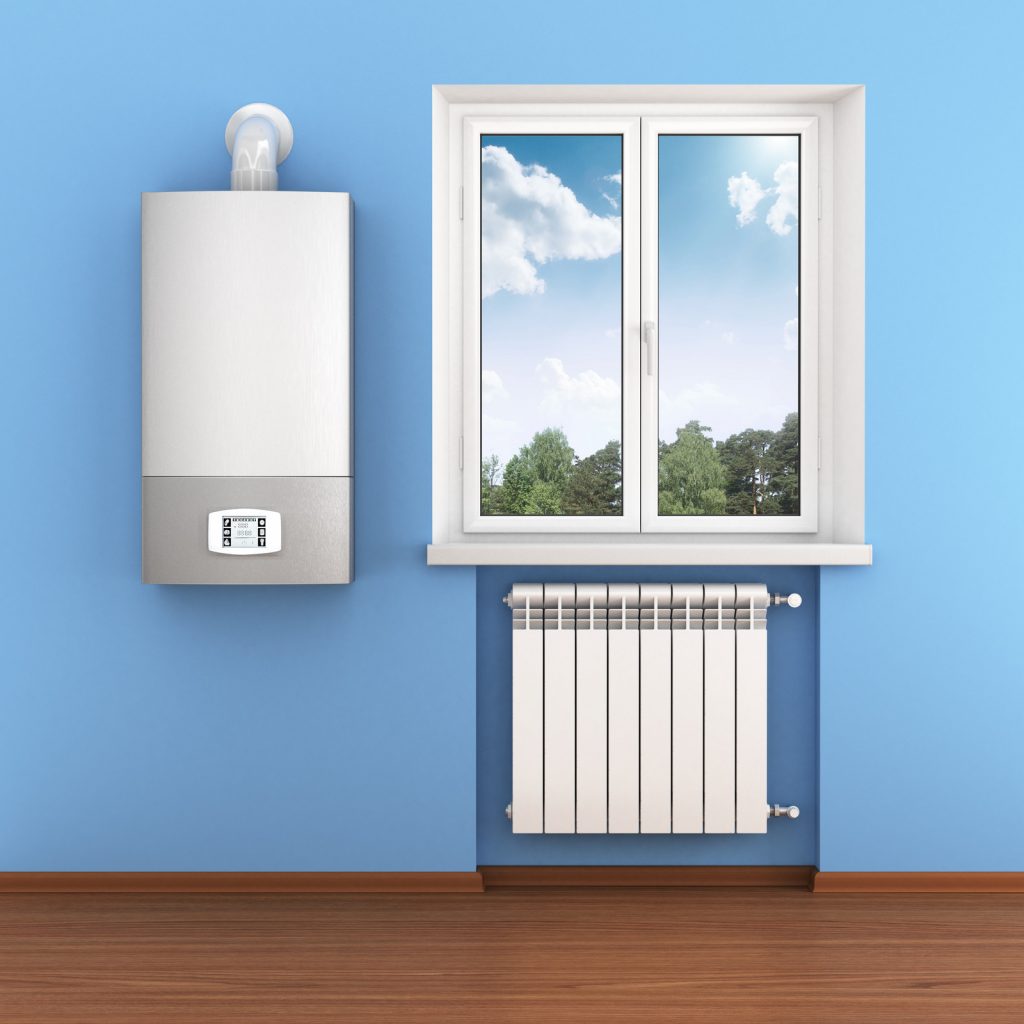Heating is the largest part of an energy bill for a home so choosing a high-efficiency boiler is vitally important. Boilers lose efficiency as they age, which means they use more energy to heat less water and this leads to higher fuel bills. Finding the right boiler will save on repair and energy costs in the long term.

How long do boilers last?
As boilers are so crucial to health and comfort, it is vital that the correct one is purchased. Boilers last typically between 10 to 20 years so you want to make sure it’s the right purchase, but apart from this, they are expensive to replace.
With the average lifespan of a brand new installed boiler expected to be between 10 and 20 years, but which still includes breakdowns during its lifetime that can reasonably be expected to be fixed, picking the right boiler will provide comfort and peace of mind to you as the customer as well as having a positive impact on the planet.
Find the right boiler for you with WarmZilla below
Why many homes in the UK are not energy efficient
All newly installed boilers in the UK must be condensing boilers according to regulations which came into effect from April 2007. They should have made a huge contribution in reducing emissions from UK homes and help meet environmental targets but the reality has been that the vast majority of condensing boilers don’t achieve their efficiency targets and this is for two simple reasons: i) the boilers are oversized for the property they are installed in and ii) the rest of the heating system including the radiators and the pipework etc are not efficient.
So this is where the focus should be on, not only by homeowners but installers as well – to ensure the whole system maintains its efficiency for the lifetime of the boiler.
Problems with oversized boilers
The average three bedroom house with a boiler that needs replacing will have a heat-only or system boiler between 18 and 24kW. Buyers looking for a new boiler will automatically direct towards the combi with its space saving and less expensive costs, but as mentioned earlier, combi boilers only start from 24kW so immediately it could create an oversizing issue.
Also, when asking for the installer’s opinion, the engineer is likely to choose a higher output boiler simply because they don’t want complaints from the customer later on that the boiler is too small, probably because occasionally there may be a high demand for hot water, albeit for a short period
Types of gas boiler in use:
- Combination or ‘combi’. This is both a high efficiency water heater and a central heating boiler in a single unit. Combi boilers heat water directly from the mains water supply when you turn on a tap, and give you instant hot water.
- System boiler. This type of boiler heats the central heating system and produces hot water to be stored in a cylinder. It works like a conventional boiler in that it needs to store the hot water it produces, but unlike conventional boilers it takes the water supply directly from the mains. This makes it much more compact than regular boilers but still able to deliver a high volume of domestic hot water.
- Heat only or regular boiler. A heat only boiler only provides heating and requires two tanks in the loft and a hot water cylinder to run effectively. The first tank is the cold water tank, it fills with water from the mains supply and this water is heated in the hot water cylinder to supply the taps. The second tank, sometimes known as the feed and expansion tank, will bring in cold water to maintain the water level within the central heating system.
Main factors to consider when choosing a boiler
- Budget
- Hot water requirements
- Number of radiators in your home
- Water pressure in your area
- Do you prefer baths or showers
- Where is your property situated
What makes some boilers more expensive than others?
There is such a big difference between some makes and models of boiler that it leaves customers wondering what causes this variance. The following are some of the factors involved and you may want to look out for these when given a price:
- Heat exchanger – the material they are made from
- Warranty length – can be anywhere from 3 to 10 years
- Level of noise by the boiler – some are designed better and are quieter
- Spare parts availability – the bigger manufacturers tend to have a wide availability of spare parts across the country.
Best way to compare boiler quotes
The best way to compare boiler quotes is not only on price but the make and model of the boiler offer in terms of their power and size. What is included in the price? Chemical flushes, filters and thermostats? You should also look at the length of warranties available as these can vary by manufacturers and even by model of boiler.
If you are looking for a new boiler and want more detailed information on how to choose the right one for your property and needs, check out our ebook ‘How to find the best gas boiler 2021’ available on the Recommended page of this website. It goes into many factors thoroughly so you are armed with all the information you need to make the right choice.
*The information in this article should be used for general guidance only and not as financial or health advice. Full details are on the link in the footer to our disclaimer page. Always discuss your requirements with a competent and suitably qualified professional before undertaking any work.
Affiliate disclosure
Heatology.co are participants in a variety of affiliate schemes which help fund and run this website, visitors who follow our links and purchase a product may earn Heatology.co a commission. The money we make from affiliate marketing costs you nothing but keeps us online, so thank you for your continued support!
